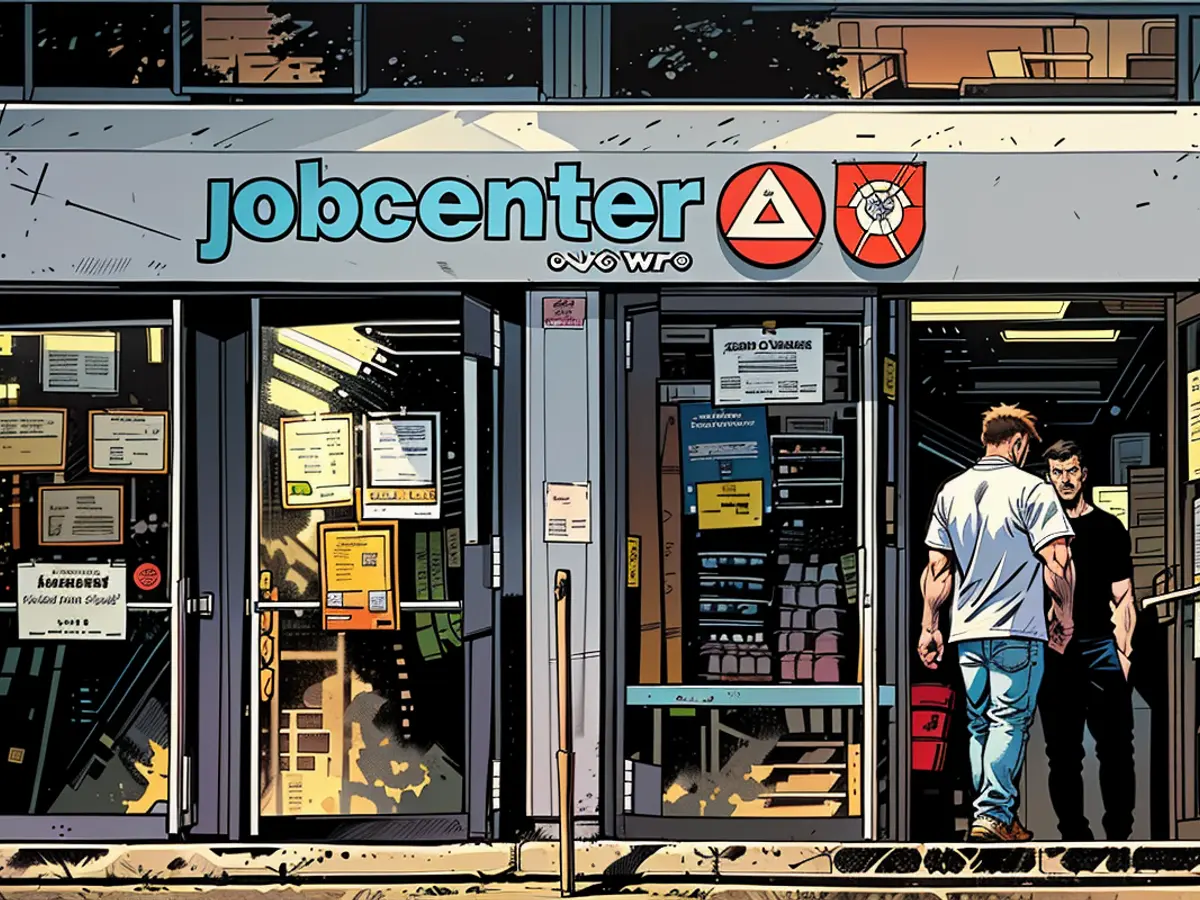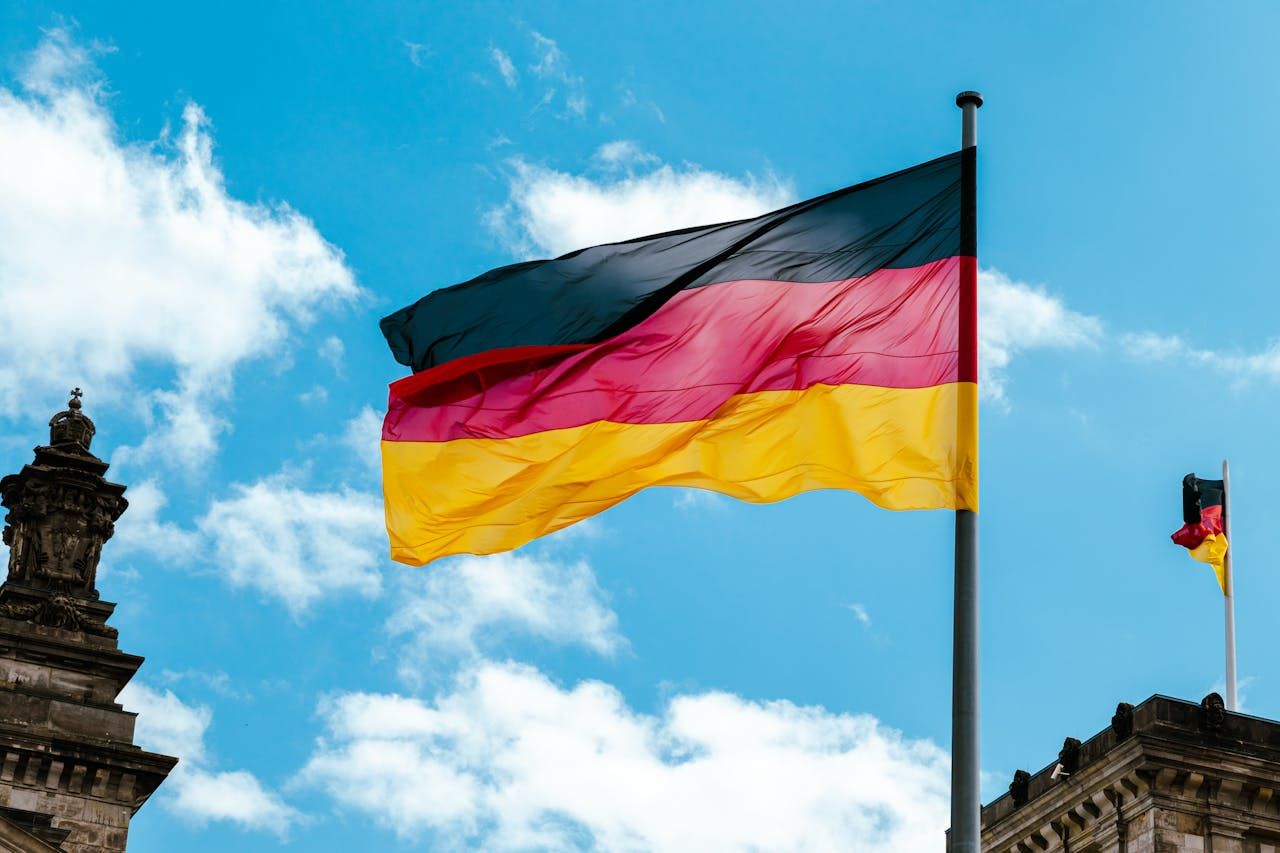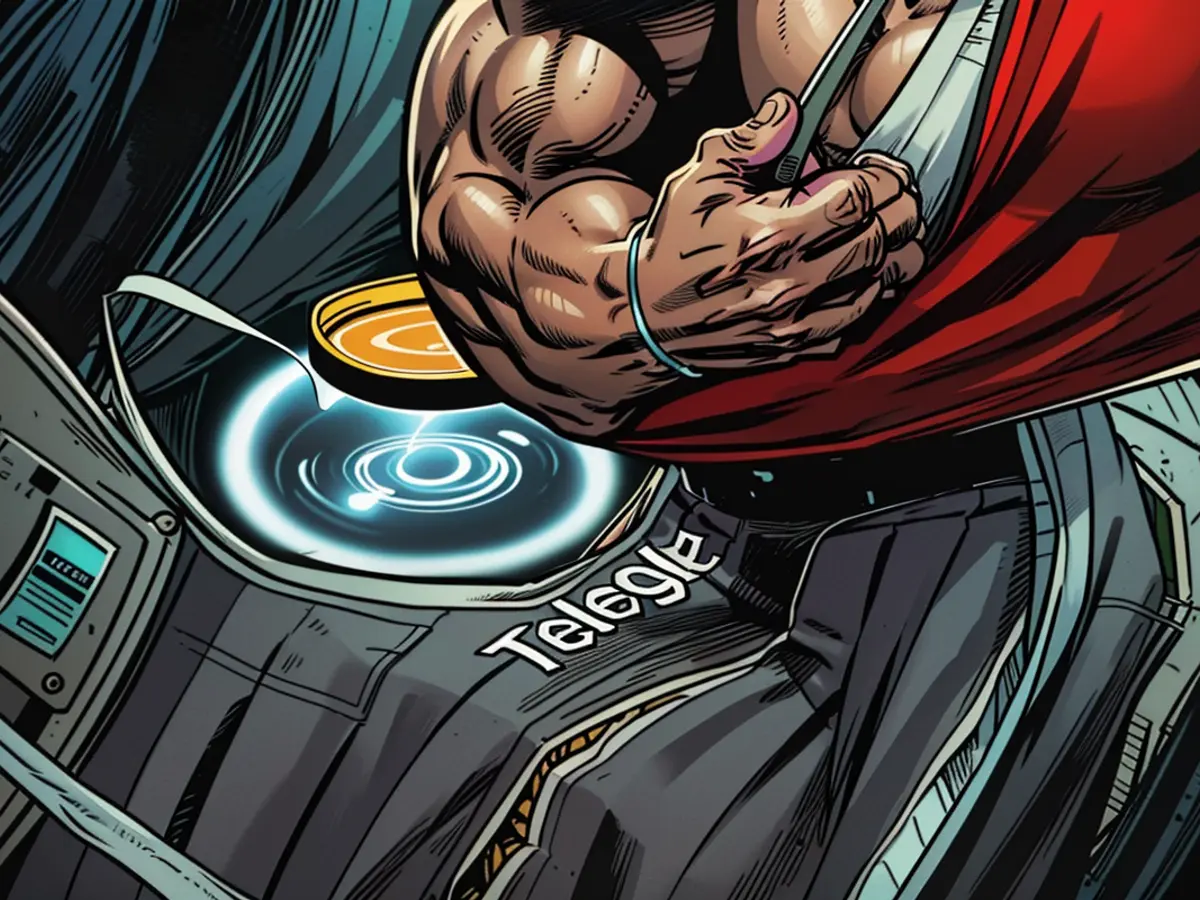Pekings Taktik im Umgang mit verschuldeten Chinesen.
In China, citizens must be cautious with their actions and inactions. The nation exerts a significant level of control over its people, rewarding good behavior while punishing the opposite. The Social Credit System serves as a constant monitor of citizens' conduct, awarding points for charitable work, admirable job performance, and well-maintained homes.
Large boards are displayed in villages, showing each resident's image alongside their earned points. Some communities also maintain digital lists, serving as behavior accounts. Those who act in accordance with Chinese standards are placed on the red list, whereas those who don't comply are placed on the blacklist. The Chinese businessman Tao Ming Jian found himself on the blacklist due to late loan repayment.
More than eight million people, including Tao, have landed on the blacklist for various reasons – from driving without a ticket to criticizing the Communist Party on social media. Companies are also evaluated, with 25 blacklists for taxes, product quality, or labor rights, as reported by Table.Media.
The Social Credit System originates from a 2014 State Council plan to "elevate the integrity and quality of the nation," conducive to a "harmonious socialist society." The system aims to create a national database containing all administrative data. However, the nationwide implementation is still underway, with the recently tested and evaluated system in 28 model cities.
The role-out was scheduled for 2020, but China is still not fully prepared. Sinologist and journalist Helwig Schmidt-Glintzer points out, "The question of overall networking is far from being resolved. It's hard to say how it will develop further, as some are also adjusting their control systems. Even some universities are abolishing their facial recognition systems because they find them intrusive. There are also many people who are not satisfied with total registration."
Citizens and listed blacklist individuals face repercussions. They cannot purchase airline or high-speed train tickets, requiring them to provide their passport numbers. They are also restricted from leadership or government positions and promotions, while having their social welfare benefits reduced. Loans are inaccessible to them. However, these lists remain mostly regional, says Schmidt-Glintzer, stressing the impact on blacklisted individuals, "If you can't order a taxi or purchase a train ticket due to being on the list, that's a significant problem."
The Chinese government justifies the blacklists as an attempt to establish trust and prevent payment defaults. However, the sinologist believes they're intended to instill pressure on individuals who can't repay their debts. "Lists are intended to establish trust in order to prevent more defaults, as anyone with payment defaults could also run into trouble themselves," states Schmidt-Glintzer.
These credit scores are visible on social media, like WeChat, as demonstrated to all businessmen in a province by a software showing the ratings. "A businessman in a province could find out who in their immediate environment has debts," explains Schmidt-Glintzer.
Different blacklists exist for varying offenses, with companies targeted for taxes, product quality, or labor rights. For individuals, the blacklists are usually reserved for those who fail to repay loans or fines, even if they're financially capable, per an analysis by the Mercator Institute for China Studies from 2021. Both companies, provinces, and cities have amassed staggering debt amounts in recent years. The debt of private households has skyrocketed by approximately $11 trillion in the past five years.
Private individuals in China are currently in a credit crisis, says Schmidt-Glintzer, echoing the broad economic crisis due to the real estate crisis. "Many people had believed they were investing in a concrete gold standard, only to discover they cannot repay their loans since the apartments are unfinished, and the expected rental income is not realized. Furthermore, many middle-class business owners or restaurateurs were left with no income during the Coronavirus pandemic."
When it comes to digitalization, the situation remains chaotic - data is frequently recorded using Excel spreadsheets or through WeChat apps. Municipal rating systems are barely distinguishable from airline loyalty programs. The model cities gather data without pause, yet much of it is subpar or inapplicable to social credit, notes MERICS.
It's no surprise that China's tech giants have established their own credit rating systems for quite some time now - Alibaba, for instance, with Sesame Credit. The company has agreements in place to share data with authorities.
Similar to Germany's Schufa, your purchases are documented there, as well as whether or not payments are made on time. A high score confers advantages like not needing a deposit when renting a bicycle or a car, reveals a correspondent from the Chinese foreign broadcaster CGTN.
Illicit Ticket Sales on the Side
While the world outside China is repulsed by the extent of control, Chinese citizens aspire to improved living conditions through such a system. A Free University of Berlin study found that more than two-thirds of the population in China view the social credit system favorably.
Even if you land on a blacklist, there are alternatives. For a long time, a black market of dealers has thrived, enabling one to get tickets for high-speed trains.
In China, attempts to bypass the system are constant. Schmidt-Glintzer emphasizes this in the podcast. He doubts that the centralized comprehensive surveillance network will triumph in the long run. [End of translation]
Lesen Sie auch:
- Jahr der Klimarekorde: Extreme sind die neue Normalität
- Vorbeugende Festnahmen offenbaren die Bedrohung durch islamistischen Terror
- Die Vereinten Nationen stimmen für einen Waffenstillstand in Israel
- SPD schließt Haushaltsbeschluss vor Jahresende aus
Quelle: www.ntv.de







